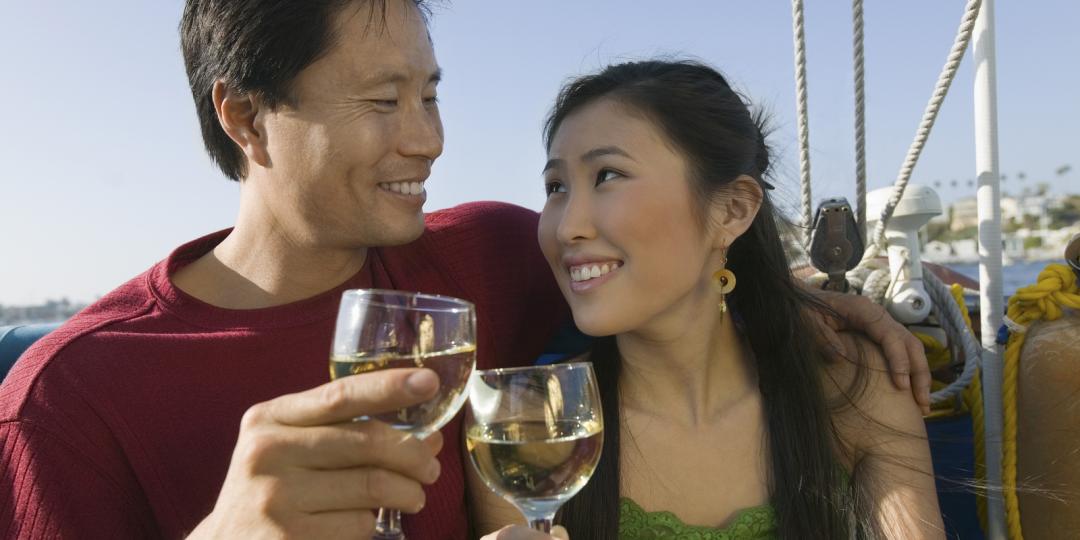What Asian travellers don’t like is as instructive in compiling travel packages, as the elements they do like.
According to Bradley Bouwer, President: Asia Pacific, South African Tourism’s Beijing Office, travellers across the Japanese, Chinese and Korean markets do not like being late, and last-minute changes to itineraries should be discussed prior to the trip, as these are not easily accepted.
Furthermore, ground handlers are expected to take care of their belongings while on tour – in other words, locking coaches and keeping an eye on unattended luggage.
James Hassan, Inbound Sales Manager for India, Far East and New Business Development, Thompsons Africa, agrees changes in general do not go down well. This includes unscheduled stops on the road, changes to itinerary, changes in restaurants and changes in price after settlement is reached.
Asian travellers further do not like unbudgeted costs, or incompetence at any level and by anyone; sub-standard service is not appreciated. They also do not enjoy restrictions.
Hassan reports that Asian groups tend to enjoy animal interactions of any kind, notably shark tagging trips in Hermanus. They are less partial to township tours.
“East Africa, Namibia, Botswana and Vic Falls have now become very popular with Asian tourists, with some opting for an African experience without South Africa,” he says.
Vietnamese tourists, reports SA Tourism, who largely fall in the 48 to 65 age bracket, are not keen on adventure activities, other than helicopter flips. FIT travellers, though, will try adventurous and untraditional experiences and like self-driving. Food should include a combination of Asian, Chinese and European cuisines. Gaining favour with the Vietnamese is jacaranda season, with October becoming a popular time to visit.
Long point-to-point drives are not popular with Thai visitors, who also do not want to be rushed. Due to the high cost of travel to South Africa, they expect pure luxury, convenience and safety. They also appreciate the inclusion of Thai food in their travels.
As expected, scenery and wildlife must feature prominently on itineraries for Thai travellers and inclusions that are currently scoring points are Graskop Gorge on the Panorama Route, the swing at the Moses Mabhida Stadium, and dining with sharks at uShaka Marine World, both in Durban.
According to SA Tourism, Malaysians do not like signing indemnity agreements and see such agreements as surrendering their rights to operators. They do not like safari experiences that take place in limited compounds, or those that don’t offer Big Five sightings. They are not always keen on street markets.
James Robb, International Sales Manager, aha Hotels & Lodges, expands on elements the hospitality sector should bear in mind. Japanese tourists, he says, do not like showers and prefer rooms with baths, while Indian groups often require access to kitchens so that their own chefs can ensure the food is to their liking. “The Chinese are generally more open to trying new things and they like a cultural experience.”
Recent developments at aha properties for the benefit of Asian guests include the addition of a state-of-the-art dance boma at aha Lesedi in the Cradle of Humankind, which is well supported by the Chinese market; upgrades at Shepherds Tree Game Lodge (Pilanesberg Game Reserve) to suit the high-end needs of the Asian market; and renovated bathrooms at Chobe Marina Lodge (Botswana) to include a standalone bath, specifically for the Japanese market.
Trips to southern Africa are disadvantaged by unavoidable long-haul travel, warns Masa Yamawaki, Market Manager for Japan, South East Asia and Scandinavia at Tourvest DMC. “Not only is it tiring, it makes up a huge portion of the overall travel costs because of the great distance. When compared to other long-haul destinations, South Africa is an expensive destination when packaged with the flight. Once the clients are here, it is cheaper, but as the initial package price is high it is difficult to attract Asian travellers.”
Experiential travel has become a key component in many travel journeys across different markets, says Yamawaki. “Asian itineraries, however, are typically a lot shorter compared to other markets, and this makes it difficult to incorporate unique experiences. That said, we are still selling experiences and try and get our Asian agents to incorporate unique experiences wherever possible, even if it is only for one special meal and activity.”























